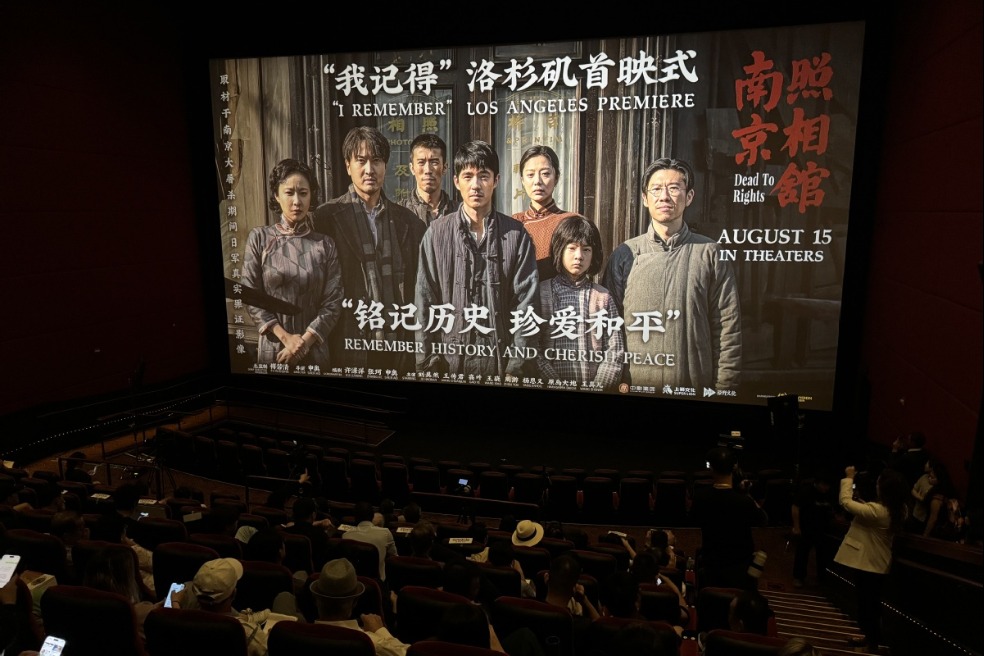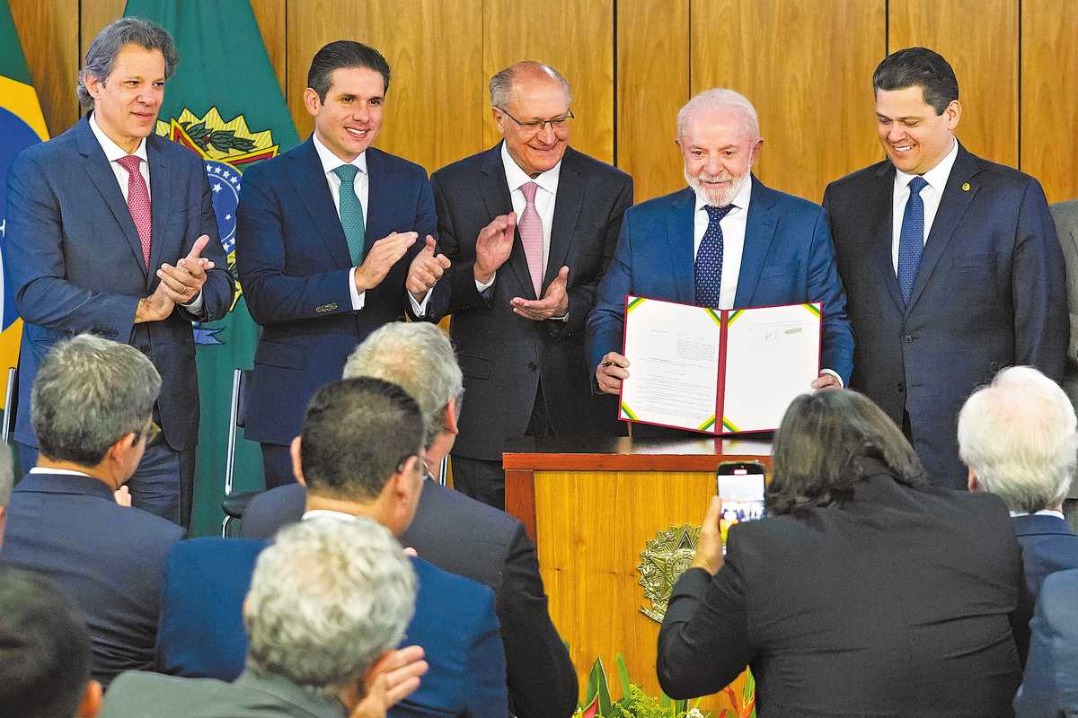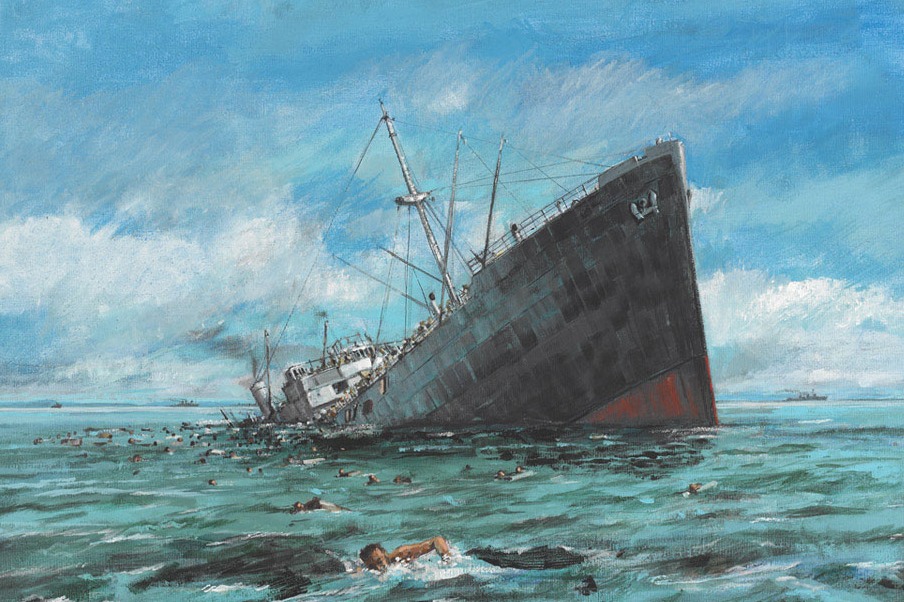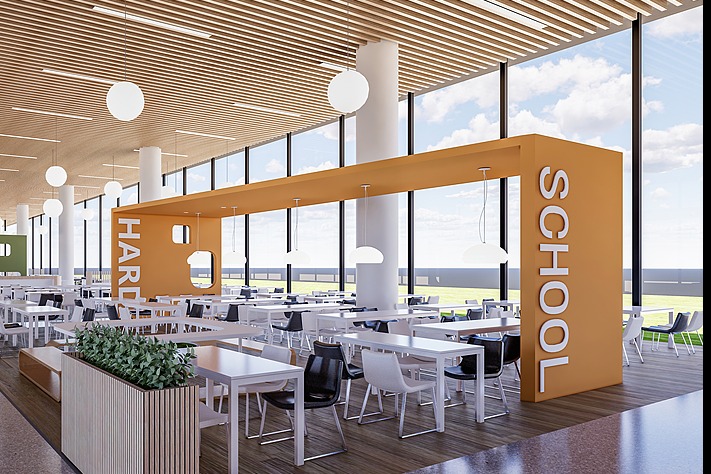US' divisive politics and selfishness seen causing its failure for Summit of Americas

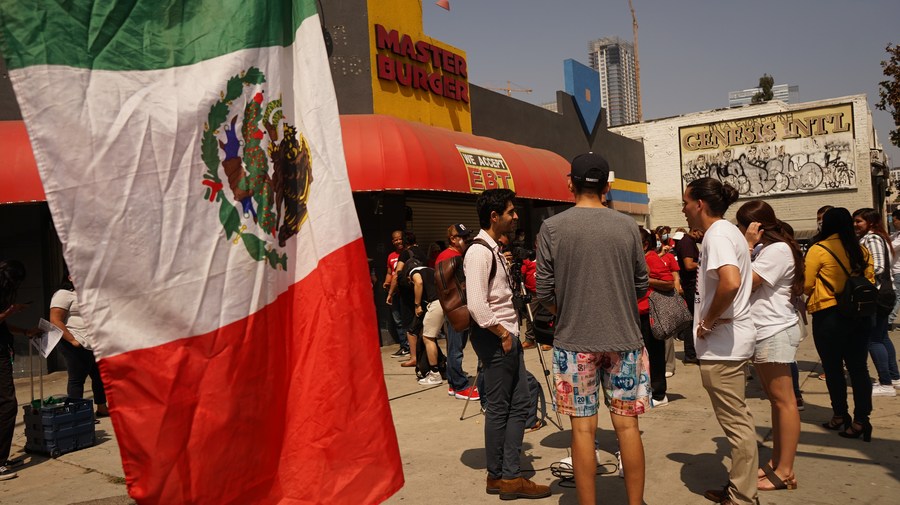
Criticism is piling up after a controversial Summit of the Americas hosted by the United States last week that was marked by several high-profile absences.
Overall, the event may not have been favorable for the host country, according to Eugenio Aragao, a former minister of justice of Brazil and advisor to former president Inacio Lula da Silva who is running for the presidency again.
The Summit "showed much more regional resistance to the pretentious leadership of the US, and mainly because the US excluded Nicaragua, Venezuela and Cuba from the summit, (which) was very badly received by almost all of the participants," said Aragao.
Joao Cumaru, a political scientist focused on international relations, said the meeting showed a highly divided region. "It failed to give concrete signs of progress in the US-Americas countries dialogue, and also in terms of their relationship," he said.
"The summit (this year) was considered a failure, even before it started… this reflects a much larger issue — the US' lack of engagement with Latin America," Cumaru said.
Speaking from Recife, the capital of Brazil's Pernambuco state, he noted that "US investment has slowed in the (Latin American) region, which was badly hit by the pandemic".
The Ninth Summit of The Americas took place in Los Angeles, California, from June 6-10. The aim of the summit, which first started in 1994, is to bring together political, social and economic leaders from North, South, and Central America and the Caribbean to discuss the future of the region. This year's event was mired in controversy, driven by the fact that several country leaders were not invited.
"There was undoubtedly tension in the plenary due to the absence of several heads of state. A tension that reflects the ideological compass that today guides Latin America, and that will make it difficult, at least in the short term, for the US to regain its influence in the region," said Joshua Cespedes, a Venezuelan political scientist who is now based in Chile.
The leaders who were not invited were Venezuela's Nicolas Maduro, Nicaragua's Daniel Ortega and Cuba's Miguel Diaz-Canel.
"Mexico's President Andres Manuel Lopez Obrador led a movement to boycott the summit, seconded by (some) other countries, because of the non-invitation of Cuba, Nicaragua, and Venezuela. The reason given by the US was that countries whose actions do not respect democracy should not be invited," Pedro Carmona, a former Venezuelan opposition leader who is now an academic at the Sergio Arboleda University in Bogota, Colombia, told China Daily.
Argentina President Alberto Fernandez, acting as the head of the Community of Latin American and Caribbean States, assumed the role of spokesperson for those not invited and criticized US President Joe Biden for the exclusion.
"We would definitely have wanted another (type of) Summit of the Americas. The silence of those who were absent challenges us," Fernandez said during a speech at the summit.
"So that this does not happen again, I would like to make it clear for the future that the fact of being the host country of the summit does not give us the ability to impose a ‘right of admission' on the member countries of the continent. Dialogue in diversity is the best instrument for promoting democracy, modernization, and the fight against inequality," he said.
Beyond the controversy around the uninvited leaders, the US put forward a migration policy for the region. Washington promised to deliver aid and foster development in the Northern Triangle, the geographical region comprised of Guatemala, Honduras and El Salvador, three countries from which hundreds of thousands of people migrate towards the US via Mexico every year. In 2021, more than 1.7 million illegal migrants were detained by US authorities at the southern border with Mexico.
"It is a positive response, although not sufficient for the migratory crisis facing our continent from north to south," said Cespedes in Chile.
Still, many analysts in the region are skeptical of the announcements and promises made during the Los Angeles event.
"I am very skeptical of this type of summits and meetings… because despite the good intentions, little is formalized for the purpose of implementing policies that, in some way, allow for an improvement in the quality of life of the people," said Ramon Abasolo, a lawyer and political analyst in Lima, Peru.
"Of course, the final declaration on the migration issue is important, but we will have to see to what extent it will translate into improvements for the migrant population or more humanitarian treatment," said Abasolo.
According to Carmona, the academic and former Venezuelan opposition leader, the challenge after the summit is to ensure that the agreements and purposes defined at the meeting are fulfilled. "And that the differences in ideology in the region are ironed out."
The writer is a freelance journalist for China Daily.


















